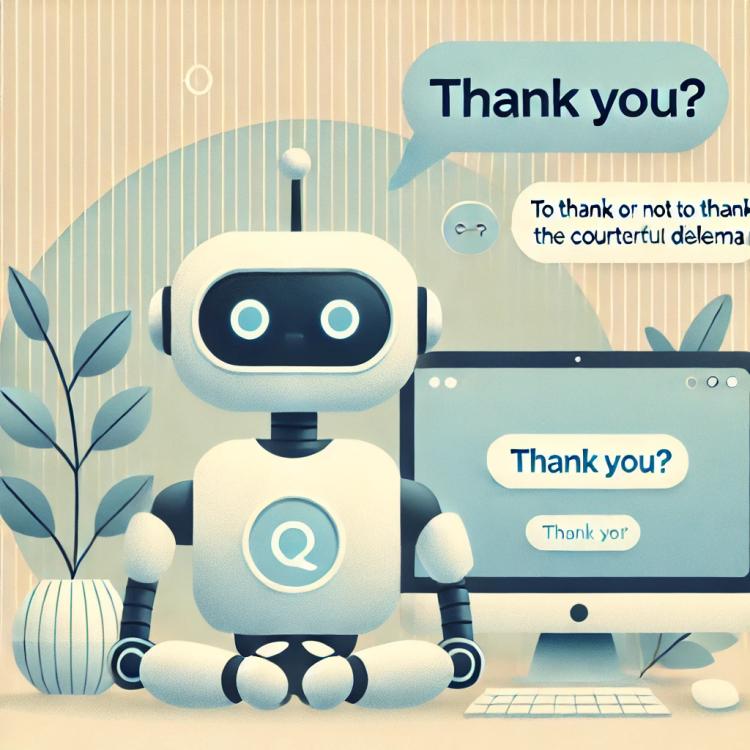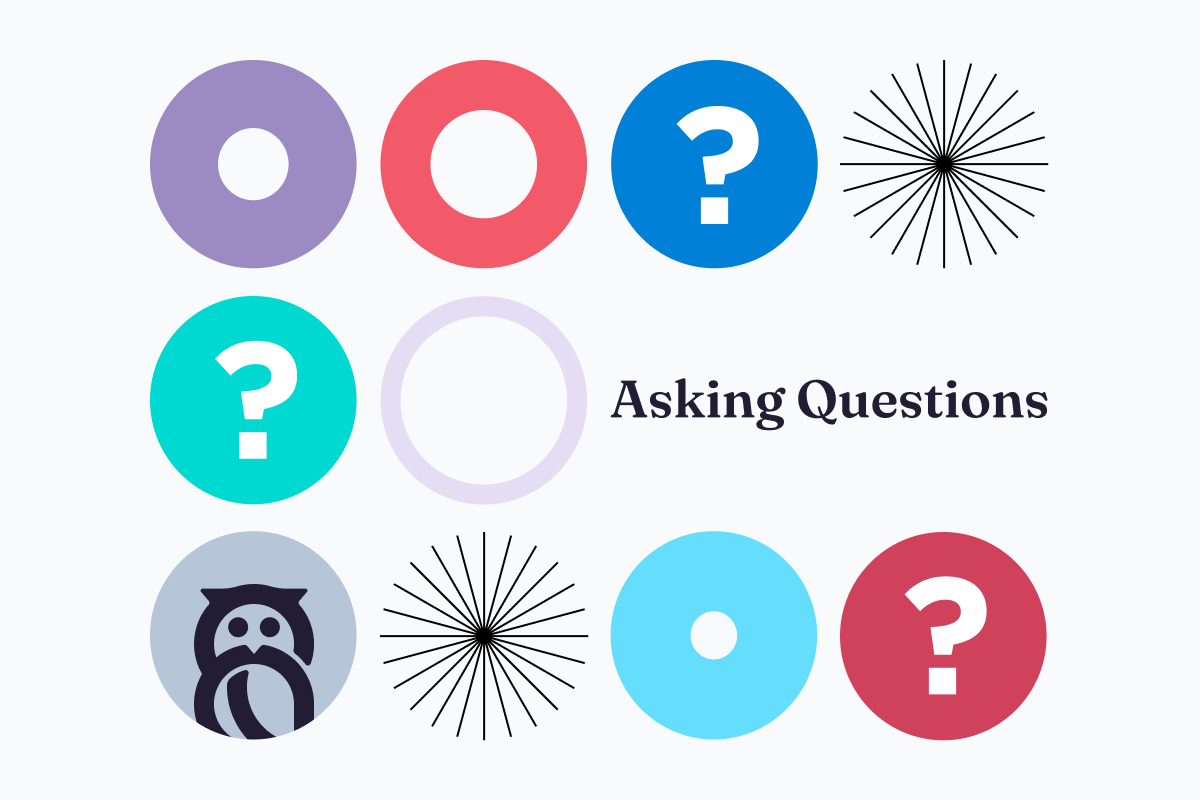In an era where artificial intelligence (AI) is becoming an integral part of our daily lives, a curious question in our #random Slack channel ignited an interesting discussion and debate: Should we thank AI systems like ChatGPT for their responses? While this might seem like a trivial matter, it touches on deeper issues of politeness, habit, intentionality, and even environmental impact. So, let's dive into this intriguing question with a blend of humor and seriousness.

The Courteous Habit: A Human Reflex
For many, politeness is a deeply ingrained habit. Saying "thank you" is a natural reflex, whether we're interacting with a person or an AI. It’s a small act of courtesy that reflects our values and social norms. Extending this habit to our interactions with AI, like ChatGPT, is a way to maintain a consistent approach to kindness and respect in all our communications.
The Technical Angle: Does Politeness Pay Off?
From a technical standpoint, LLMs (like ChatGPT) predict the next word in a sequence based on the previous words. Some research suggests that because of the training data and reinforcement learning they've undergone, these models might perform better when they receive polite inputs. It's reasonable to believe that polite language might set a positive tone, leading to more helpful and accurate responses. So, a courteous approach could potentially enhance your experience with AI.
The Environmental Impact: The Real Question
But here's the twist: Does sending a simple "thank you" waste energy on compute power, and is it worth the environmental cost? This is where things get tricky. The computation required to generate responses, including a "you're welcome," has an environmental footprint. While it might be negligible, it's a point worth considering, especially for those concerned about sustainability.
Moral Quandaries and Shakespearean Wisdom
Addressing the morality of thanking AI brings us to a quote from Shakespeare's Hamlet: "There is nothing either good or bad, but thinking makes it so." The ethics of interacting with AI are complex and nuanced. It's worth regularly reflecting on our broader relationship with technology and its impact, as well as being intentional about how we interact with it.
The Verdict: A Balanced Approach
So, should you be courteous to ChatGPT? Habit and potential technical benefits are compelling reasons to do so. But is it necessary to send a thank you after every interaction? Maybe not, considering the environmental aspect. A thoughtful, balanced approach seems to be the key.
In the end, whether you thank ChatGPT or not, the important thing is to remain mindful of our actions and their consequences, even in the digital world. As we continue to navigate this brave new world of AI, a touch of courtesy and a pinch of wisdom can go a long way.
Lastly, we'd like to thank you for reading :D








